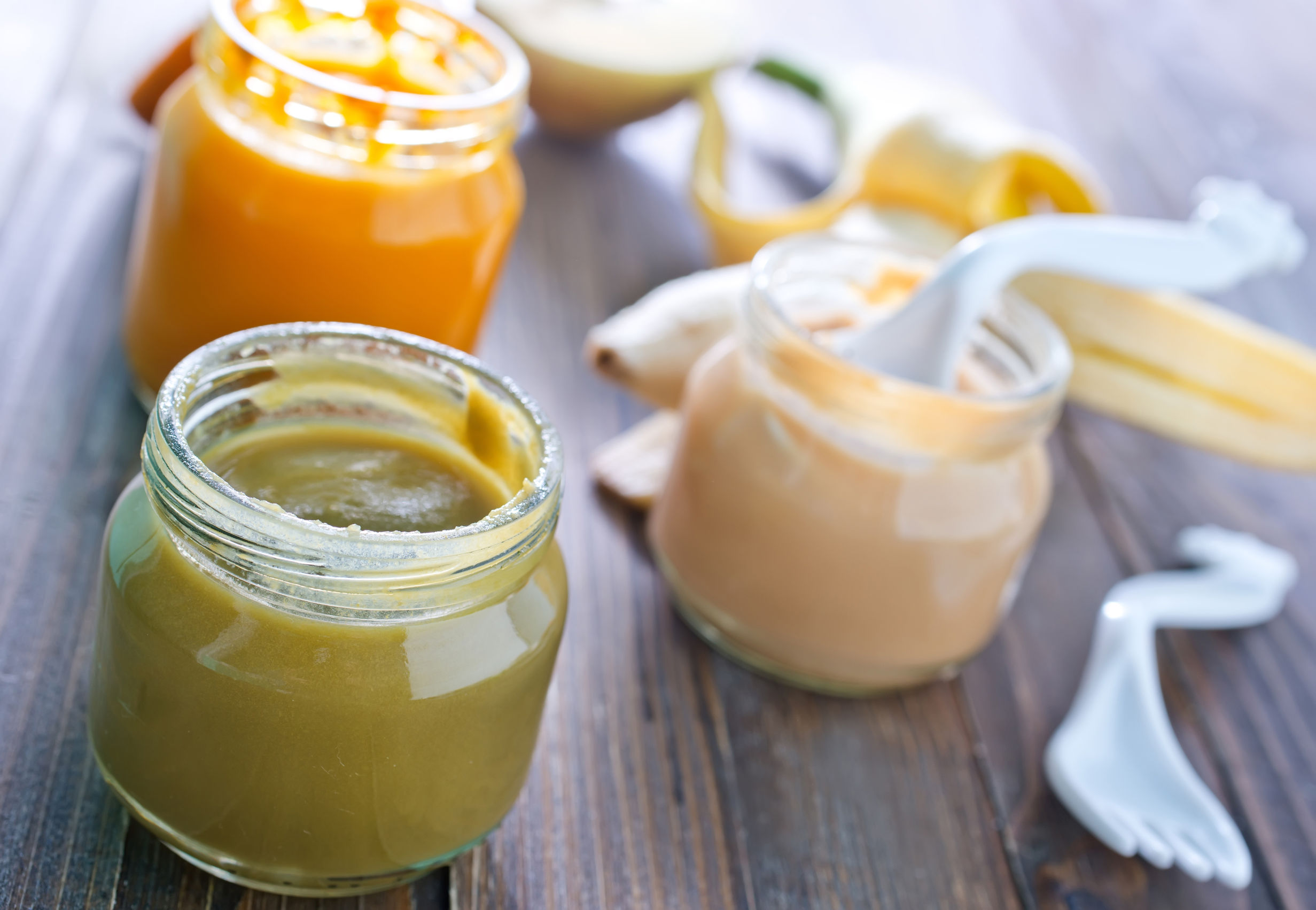Anyone trying to lose weight is probably guilty of attempting at least one gimmick diet. While some diet trends may actually help you start losing weight and feeling better about yourself right away, most of them are just that — trends that are here today and gone tomorrow. While they may work for some, their results are rarely long-lasting. Worse, in many cases, these diets neglect established principles of good nutrition and are potentially unhealthy.
Let’s take a closer look at few popular fad diets and separate fact from fiction.
Juice Cleansing or Detoxing
There’s no doubt that, on paper, consuming as many fruits and veggies as you would consume on a juice cleanse has its health benefits. This diet is one way to easily enjoy your daily dose of fruits and veggies, and, for the most part, the nutrients are easily absorbed by your body. But the cons of a juice cleanse far outweigh any pros.
If you go on a juice-only diet, you’re likely to see a difference on the scale — but not in the direction you’d hoped. First and foremost, you’ll probably find yourself feeling hungry a lot more often. This is because eating solid foods is necessary to help your brain receive the signal that you’re full. Only if your brain knows that you’re satiated will it fully turn off your cravings. Juice also contains little to no protein, which can help you burn fat and build lean muscle mass. What’s more, even homemade juice is packed with loads of natural sugars. Consuming juice in the quantities recommended by these diets could also lead to a blood sugar spike. Such spikes are dangerous for anyone, particularly those with diabetes.
Raw Food Diet
If you’re eating mostly raw foods, you’re consuming mostly plants and fewer dairy and meat products. That’s a good thing. The raw food diet also typically reduces your daily consumption of sodium, added sugars and preservatives. A plant-based diet can certainly help you lose weight and is also good for your skin, but there are some definite disadvantages to this approach as well.
While all the fiber in a raw food diet may keep your cravings in check, it can also cause uncomfortable bloating and gas. Cooked vegetables are easier for your body to digest. You’ve also got to watch your intake of healthy fats. There is such a thing as too much of a good thing and those “good” fats in avocados, olives, nuts and seeds should be consumed in moderation. These foods are still high in calories, so eating too many won’t do you any favors if weight loss is your goal. Finally, as with the juice cleanse, getting enough protein while focusing exclusively on raw foods can be a challenge.
Alkaline Diet
Low-acid, alkaline diets are currently popular because they are thought to reduce inflammation, promote general wellness and even help prevent certain cancers. The key to realizing these benefits lies in changing your body’s pH levels. On the pH scale, 0-7 is considered acidic and 7-14 alkaline. On its own, the human body works to keep blood pH between 7.35 and 7.45. However, whether or not what you eat can really affect the pH of your blood is still matter of debate.
One pro to alkaline diet is that it is heavy on fruits, veggies and grains. Further, it advises that you avoid eating large quantities of red meat, processed foods and added sugars. All in all, this sounds like a fairly healthy diet. But you’re probably not changing your body’s pH levels by following these recommendations. And again, you will miss out on some of the good nutrients found in lean meats, dairy and eggs. Ultimately, there’s nothing inherently wrong with this diet — it just may not deliver all the benefits it promises.
Baby Food Diet
This is one of those strange diets you may have heard certain celebrities are using in order to lose weight. The diet replaces breakfast and lunch with about 14 jars of baby food (25 to 75 calories each) and suggests then eating a healthy, balanced dinner. But don’t be too quick to revert to the foods you consumed before you had teeth. You may lose a few pounds in the short-term, but primarily consuming pureed foods isn’t something you’ll likely be able to stomach long-term.
Grapefruit Diet
The goal of the grapefruit diet is quick weight loss. The diet supplements sensible breakfasts, lunches and dinners with grapefruit or grapefruit juice. The theory is that the enzymes found in grapefruit will help you burn fat more quickly.
Many people have experienced weight loss success using this method. However, the diet simply isn’t backed up by science. There’s nothing necessarily unhealthy about incorporating a low-calorie, nutritious food like grapefruit into each meal, but the fat-burning enzyme supposedly found in grapefruit may be nothing more than a myth.
Grapefruit and grapefruit juice can also interfere with certain medications, including some cholesterol and blood pressure drugs, some antihistamines and certain anti-anxiety drugs. Finally, while the 12-day grapefruit diet may produce immediate results, the weight loss you experience may not be sustainable.
It’s true: losing weight is largely about watching what you eat. Yet before you jump on any diet bandwagon, schedule an appointment with a registered dietitian who can help you develop a nutritious, practical eating plan that works for you and your long-term weight loss goals.





